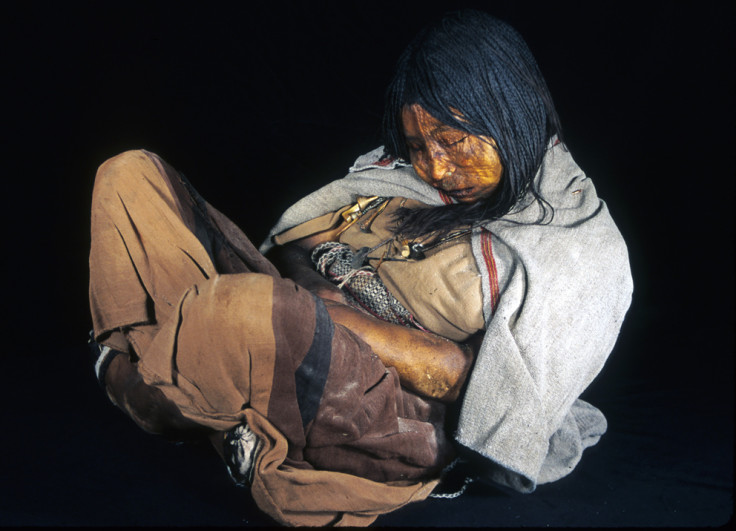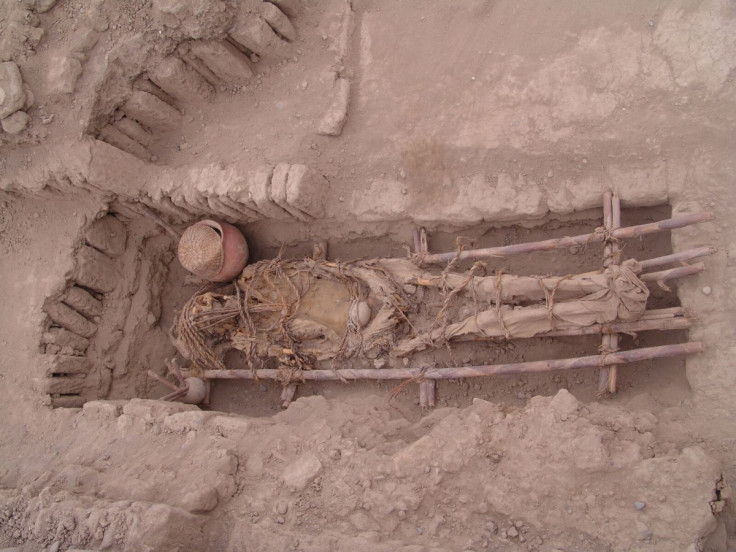Ancient DNA bears traces of the brutal European colonisation of the Americas

Ancient DNA from early American populations has confirmed the devastating impact of European colonisation, scientists have said. Their analysis reveal that indigenous genetic lineages have not survived European arrival in the Americas.
In the study, published in the journal Science Advances, the researchers use DNA samples from pre-Columbian mummies to assess whether their genetic traits had been passed on to following generations. According to the scientists, European colonisation all but wiped out these genes, as settlers from the Old Continent established themselves in the Americas. Today, most pre-Columbian lineages cannot be found in modern Native Americans.
No traces of genetic lineage
For the purpose of this research, the scientists, from Adelaide University (Australia), have looked directly into the DNA of 92, pre-Columbian mummies and skeletons, aged between 500 and 8,600 years old. This allowed them to reconstruct a genetic history of Indigenous American populations, by sequencing genomes extracted from the mummies' bones and teeth.

Comparing these DNA samples with the genetic characteristics of modern Indigenous people, they revealed an extinction of lineages with the arrival of the colonisers.
"Surprisingly, none of the genetic lineages we found in almost 100 ancient humans were present, or showed evidence of descendants, in today's Indigenous populations," says joint lead author Dr Bastien Llamas."This separation appears to have been established as early as 9,000 years ago and was completely unexpected, so we examined many demographic scenarios to try and explain the pattern."
Isolation and extinction
The team has found it hard to explain why ancient DNA disappeared with the Spanish settlers' arrival. "The only scenario that fits our observations was that shortly after the initial colonisation, populations subsequently stayed geographically isolated from one another, and a major portion of these populations later became extinct following European contact", Llamas says.
"This closely matches the historical reports of a major demographic collapse immediately after the Spaniards arrived in the late 1400s."
The team also believes an analysis of the mummies' genes can confirm the chronology of European colonisation. "Our genetic reconstruction confirms that the first Americans entered around 16,000 years ago via the Pacific coast, skirting around the massive ice sheets that blocked an inland corridor route which only opened much later," explains Alan Cooper, who leads the University of Adelaide's Australian Centre for Ancient DNA."They spread southward remarkably swiftly".
© Copyright IBTimes 2025. All rights reserved.






















